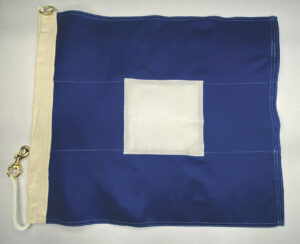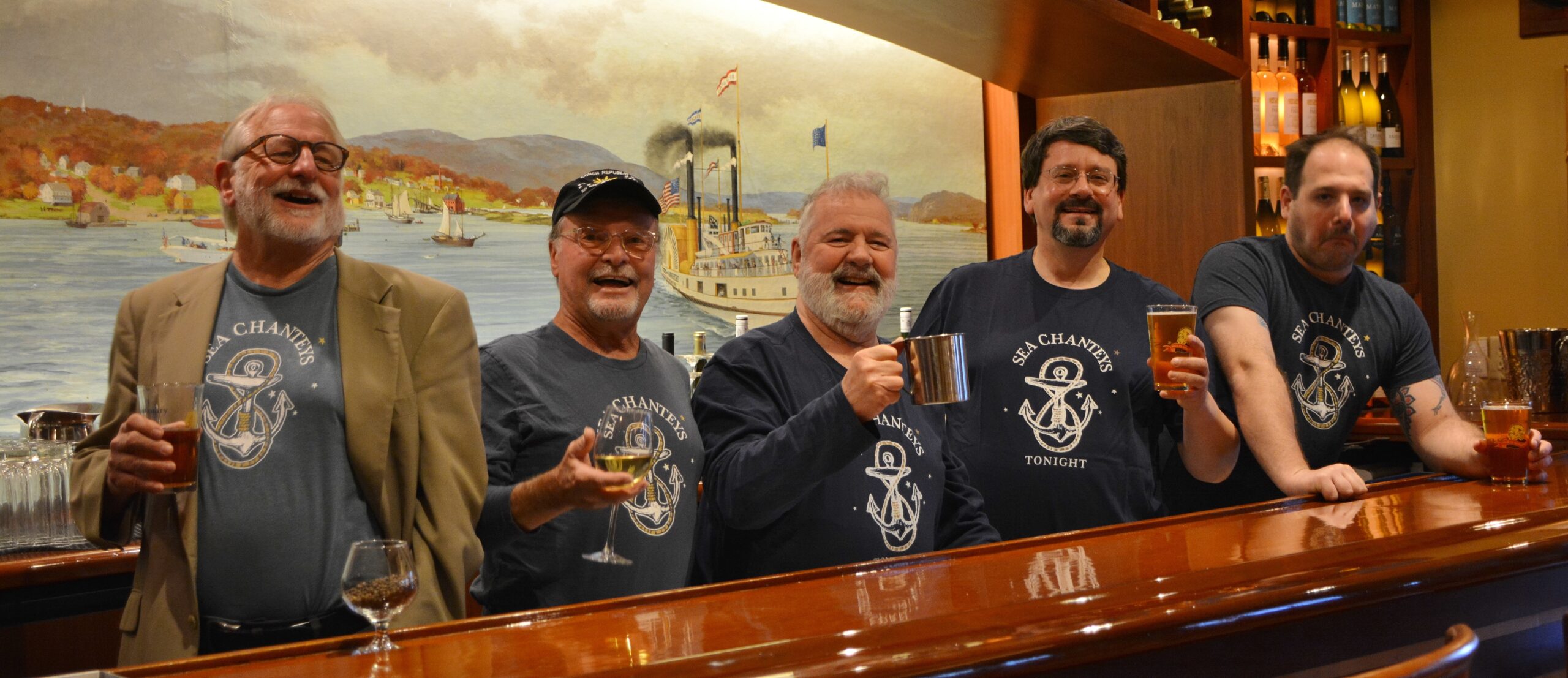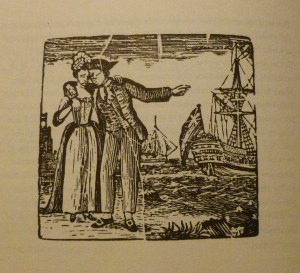PLEASANT AND DELIGHTFUL is a song that was first published in its current form around 1810, although some sources indicate that this specific version comes from about 1840. Recently, I have learned that it is the recurring theme melody utilized on a very good BBC trilogy To The End Of The Earth. In the folk-revival period of the 50’s and 60’s, it was one of the more popular songs, especially as most folk singers had a limited repertoire until people began to delve into earlier collections to expand their knowledge. I first heard it from the singing of John Millar, and Cliff would sometimes also cover it.
Jos. Morneault
Pleasant and Delightful sample
My hero Louis[a Jo] Killen singing this wonderful song!
It was pleasant and delightful on a midsummer’s morn,
When the green fields and the meadows they were covered in corn,
And the blackbirds and thrushes sang on every green spray,
And the larks they sang melodious at the dawning of the day.
|: And the larks they sang melodious :|
And the larks they sang melodious at the dawning of the day.
Well a sailor and his true love were out walking that day.
Said the sailor to his true love, “I am bound far away;
I am bound for the West Indies, where the loud cannons roar,
And I’m going to leave my Nancy, she’s the girl that I adore.”
|: And I’m going to leave my Nancy :|
And I’m going to leave my Nancy, she’s the girl that I adore.
Said the sailor to his true love, “Well, I must be on my way,
For blue peter*, it is hoisted, and our anchor’s a-weigh;
Our ship, she lies a-waiting for the next flowing tide,
And if ever I return again, I will make you my bride.”
|: And if ever I return again :|
And if ever I return again, I will make you my bride.
Then the ring from off her finger she instantly drew
Saying, “Take this, dearest William, and my heart will go, too.”
And as he embraced her, tears from her eyes fell,
Saying, “May I go along with you?” “Oh, no, my love, farewell.”
|: Saying, “May I go along with you?” :|
Saying, “May I go along with you?” “Oh, no, my love, farewell!”
- The Blue Peter: A blue flag with a white center, hoisted to denote the immediate departure of a vessel. “To hoist the Blue Peter” (the signal flag “P”) is still used to signify readiness to depart. In the commonly sung lyric, it is stated that “the topsails are hoisted”, which would signify that the ship was already underway, and the sailor indeed late to report! I changed it to his seeing the blue peter, which was the call to repair aboard.



Hi. I remember my dear Dad singing this to me. Any idea who wrote it or what it’s origins are?
In its current form it is believed to be from probably the very late 19th century and also went by the name “A Sailor and His True Love”. The earliest recordings of it are from the 1930s. An older version of the song is called “Jimmy and his True Love” or “Jemmy and His True Love” which is believed to have originated from the early 17th century as a broadside ballad published in London. As for the actual author…
Some evidence has been found to show that sometimes a broadside ballad was a printed formality of a song already in some popularity at the time. Pretty rare at that point to find a specific composer.
(In response to a request to render this into “correct English” for greater ease of using a modern translation medium)
That’s a rather broad request, I’m afraid. The style of lyrics reflects a variety of localisms, sometimes of the performer, sometimes of the source then imitated by the performer… Such as an American effecting an Irish or Scottish accent either because it was the way he/she learned the song or because the words were written down in such a manner as to imitate such an accent when read aloud. Many authors have famously utilized this latter style, such as James Joyce, Mark Twain, among others.